Toxic Workplaces are Crippling the Hospitality Industry

Tales of worker scarcity have skyrocketed in many industries since the beginning of the year. The issue is now heating up in the food and hospitality business, as more people are vaccinated and opting to dine out.
According to the U.S. National Restaurant Association, the industry lost two-and-a-half million workers. While some blame generous-beyond-belief unemployment benefits, restaurant owners and workers point to low wages and toxic workplace cultures.
Patrick Whalen is the owner and chief executive officer of North Carolina-based 5th Street Group, which operates a handful of highly acclaimed eateries in the Southeast. “The restaurant business, inherently and pre-COVID, was a toxic workplace. You had an enormous wage gap between the back of the house and front of the house; rampant alcohol and drug problems; harassment issues; and people living in or near poverty working hourly jobs with no guarantees. When the industry collapsed, the pandemic merely amplified the pre-existing conditions,” Whalen says.
Leaders in the industry are hopeful that removing states from the extended unemployment benefits lifeline will help push more people back into the workforce. However, this does nothing to solve the toxic workplace issues that are alive and well in the hospitality industry.
Jill, What Can I Do? Regardless of what industry your business is in, you have to get your arms around your culture issues. Employees will work for less money if the culture is amazing. I repeat: employees will work for less money if the culture is amazing. Culture change is not rocket science. Create a strategic plan, execute it, and hold managers accountable for results. Need help? I’m a phone call away and can help take your business to places it has never been before.

